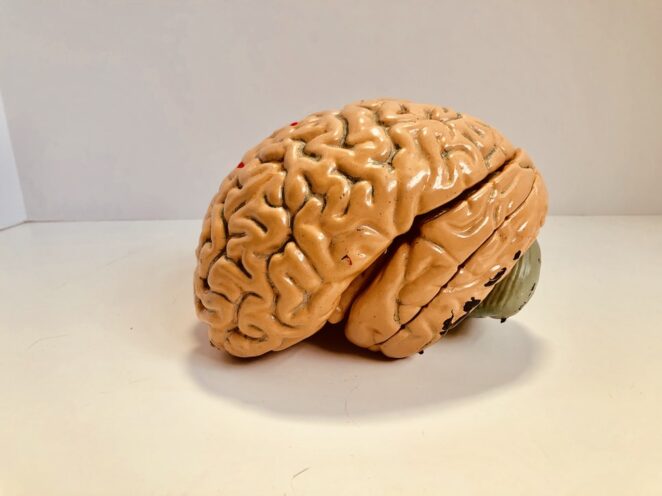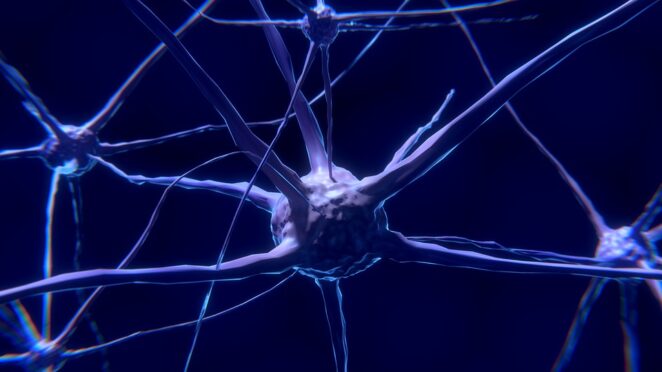Mental capacity is one of the most discussed questions in the field of psychology. Though it is quite fascinating that there is no single definition of such a principle as intellectual abilities, which explains the essence and role of intellectual abilities.
What are the intellectual capabilities?
Among the well-known information, we can distinguish the fact that intellectual capacities are most often spoken about in the field of psychology. But, unfortunately, today there is no single, generalized determination of mental capacity and its role in people’s lives.
According to the statements of many scientists and experts, intelligence is a common and unified skill. Others, in turn, are convinced that intelligence is a capability consisting of various masteries, skills and so on.
Explanation of the notion from psychologists

In all historical periods of studying the psychological aspects of a person, the very notion of intellectual abilities has been the most contradictory, complex and discussed topic. Even if you do not take into account the interest of many in this topic, it is obvious that there are many different opinions about the individual elements, factors and criteria that form such a concept as intelligence. To date, questions about explaining the understanding of intellectual abilities, reasoning and disputes on this topic remain unresolved and open, waiting for new solutions.
But at the same time, some of the scientists and experts consider it right to offer different explanations of the concept of intelligence. Despite the fact that these definitions may differ significantly among many experts, theorists and scientists, a certain concept implies an insight of intellectual capabilities as a skill that performs the following actions:
- Identify problems: here we are speaking about the capability to apply the knowledge gained in life situations. Smart people are usually considered to be those who are able to reveal problematic issues in their surroundings and can also offer options for resolving conflict and controversial situations.
- Issue solution: after a person with certain intellectual capabilities can analyze and determine the existence of any problems, it is time to propose a way to resolve the situation. Usually, such behavior, including the search and resolution of problematic situations, is characteristic of people with an increased degree of intellectual abilities.
- Learning: the educational process involves the obtaining, transformation and subsequent exploitation of the accumulated information in the situations required by the intervention.
Intellectual capabilities represent a sprawling spectrum of skills, capacities and opportunities. For example, they include the capability to reason, logic, the talent to plan correctly, as well as successfully deal with the solution of emerging conflict situations. As discussed above, intelligence is most likely one of those topics that is most susceptible to discussion and research. Also, in modern realities, this topic is often subject to controversy.
I think you have definitely read about how this notion is the ground of many disputes among psychologists. However, the term of intellectual abilities plays a special, substantial role in some spheres of activity. Examples involve the scope of the share of the budgeting that is distributed directly to training and education of people, the use of miscellaneous, numerous tests and checks in the selection of claimants, future employees in the organization and so on.
In what direction is the formation of the notion of intellectual skills?

In history, there is evidence that the expression “IQ”, sending to the intellectual factor, was introduced at the beginning of the twentieth century by the counselor William Stern from Germany. After that, another counselor made one of the most considerable revelations in the sphere of psychology. Alfred Binet authored the first testing to check the intellectual capabilities to help the French government find and reveal students who really need additional assistance in learning.
It is an amazing fact that Alfred Binet persisted as the first psychologist who defined the conception of intellectual capabilities in children at an early age.
Since then, the principle of checking intellectual abilities was recognized as a reliable method to check mental capacity for all people, later it served as the reason for the creation of many other tests that evaluate various talents and capacities of people. Based on all of the above, it is safe to say that this testing still causes strong involvement in the majority, everyone is trying to understand the reason for the frequency of usage of this test in various fields.
Some people continue to believe that the outcomes of IQ testing (check this site for example iq-global-test.com) and the intellectual indicators themselves directly depend on cultural knowledge and beliefs. Others, in turn, are sure that intellectual capability depends on many different factors.
The theoretical variation in intellectual capabilities

A huge number of disagreements, existing opinions, disputes have invoked the emergence of many conjectures that have been suggested by scientists and experts in this field in procedure to try explaining what mental capacity is and what its main role is. So, for example, over the past century, numerous teachings have formed. Among them, you can pay special attention to the hypothesis of common intellectual capacity by Charles Spearman, as well as the teaching of preliminary intellectual capabilities by Louis L.
The hypothesis of innumerable mental capacity, created by Howard Gardner, and the teaching of authorship by Robert Sternberg, which is otherwise often called the Triarchic Teaching of intellectual skills, are also usually distinguished. In this article, we will talk exclusively about the last of these teachings of intellectual capacity.
What are the three teachings of intellectual capabilities created by Sternberg?
As you know, Robert Sternberg suggested three completely unequal types of intelligence. They involve empirical intellectual capacity, analytical mental capability and practical one. These three kinds of intellectual capabilities determine the skill of the brain to estimate and handle various kinds of issues and contradictory situations.
Description and main features of analytical intellectual capacity

Analytical mental capability is one of the three above-mentioned forms of intellectual capabilities according to the notion proposed in the triarchic teaching of Robert Sternberg. According to the author of the teaching, analytical intellectual capacity indicates the capability to appraise, treat information and use consistency and argumentation.
In simple words, this form of intellectual capacity assists a person to find various patterns, as well as to predict the expected results and consequences of polysyllabic occasions and situations. In comparison with the other kinds of intellectual capabilities assumed by Robert Sternberg, analytical mental capacity more than others has some similarities with those indicators and factors that are estimated by standard IQ tests.
What is empirical intellectual capability?
The second type of intellectual skills according to Sternberg’s teaching is considered to be empirical mental capacity, which is also called constructive intellectual capability. According to this American psychologist, smart people are more inclined to show some predisposition to the creative type of thinking, that is, non-standard. A non-standard type of thinking often becomes an excellent assistant in quickly finding solutions to various complex situations, even if a person has never encountered anything like this before. The increased standard of creativeness promotes the instant search for non-standard ways from a spacious diversity of situations.
People with empirical intellectual capabilities usually understand and learn new capacities, capabilities and information more rapid than other people. Let’s be honest, people with this kind of thinking definitely have a talent in creating new ideas, methods, approaches, theories for new situations and circumstances. The combination of all the above qualities makes them people who are truly experienced in revealing issues and polysyllabic situations.
Description and essence of realistic mental capacity

According to the teaching offered by Sternberg, the practical type of intellectual reflecting is the so-called intellectual capacity of general meaning. In other respects, it is also called lane savory.
When a person has practical intellectual skills, in each unfavorable situation, he is able to adapt and adjust. Among other things, such people usually demonstrate true certainty in the people who surround them.
Try to fancy the situation in which you decided to attend a new city and, due to ignorance of the region, got lost. What would be your immediate reaction to such a situation? How would you get back home? This is a fairly standard scenario for using practical intellectual capacities.
What qualities and capacities can be directly related and attributed to analytical mental capability?
If you are analytically literate, then what qualities, masteries, capabilities and character features do you differ from people with other kinds of thinking?
According to a study by Robert Sternberg, people who are representatives of the analytical kind of mental capacity are most often excellent and successful in the academic field. This happens because of their capability to unite logical thinking with the method of deduction, which helps to come to certain decisions. This skill is characteristic of people with an analytical type of thinking from birth. In addition, this type of person is amazing at understanding abstract terms and objects.
The analytical type of thinking is one of the parts of the triarchic theory. This theory includes mathematical intelligence, linguistic skills, statistical skill, spatial definition, as well as the determination of objects.
What are the merits of Robert Sternberg?

Robert Sternberg was a well-known scientist and psychologist who worked as a proof of human formation at Cornell University. Despite the fact that he made many detections in the field of psychology, revealed many really significant points, still his triarchic teaching of intellectual capability is the most eminent and important of his revelations and studies.
To quote Sternberg, a literate person can be called a person who knows how to find the true equilibrium between different intellectual abilities, as well as competently able to cope with all sorts of issues and situations.
Among other things, Sternberg is convinced that it is possible to achieve success not only in one kind of mental capacity, intellectual reflecting. There is evidence that indeed many people apply all three forms of intellectual thinking at an advanced level. According to the scientist, luck in all three kinds of intellectual capability can be regarded as a factor predicting successfulness in life in all areas of activity.
 Vermont Republic Second Vermont Republic
Vermont Republic Second Vermont Republic




